5 things to consider before choosing
an industrial lubricant
The manufacturing sector comes with its own share of problems that each industry or factory must deal with. One of the biggest issues is the maintenance of machines and equipment. Everyday use, heated conditions, application of chemicals and other such materials, all leads to gradual wear and tear of machines. If the machines are not taken care of properly, these small problems increase over time, resulting in severe damage that affects production and increases costs in repairs. Machine maintenance is therefore essential, not only to ensure effective production in day to day work, but also to cut down on higher costs in the future. An industrial lubricant is an important tool that is used in machine maintenance. A lubricant reduces friction between the moving parts of a machine and thus reduces wear and tear. Since it is such an important part of the maintenance, the choice of which industrial lubricant should be used, is an important one. Here are 5 things you should consider before choosing your industrial lubricant:
Type of machine
The type of lubricant to be used depends a lot on what type of machine and part you need it for. Each machine has a certain way of operation and according to the design of that machine, the lubricating needs would differ. Air compressors, bearings, gas engines, gears, hydraulic engines, turbines, wind turbines, etc. all have different methods of operations. Similarly, different parts of the same machine might also require different things from a lubricant. This is why you should first determine which machine and which part you are buying the lubricant for.
Lubricant grade
All lubricants and oils come in varying grades. These grades are meant to categorise and separate lubricating oils on the basis of their viscosity or thickness. Since thick and thin oils both have different uses as well as pros and cons, they function differently based on their grade. Before buying an industrial lubricant, you must find out what grade of lubricant you require for your specific machine and only then make that specific purchase.
Application of lubricant
Just like the type of machine determines which type of lubricant is to be purchased, the application specifics of a lubricant are also important. You must consult with engineers, workers and other experts to figure out where and how the lubricant exactly needs to be applied to your machine. That would then affect the decision of which industrial lubricant is the best fit for you.
Flushing property
In most industry settings, an important part of maintenance is oil flushing. During this process, a lubricant is used to control the heat that is produced while the machine is cleaned. This is a complicated and important job, since all the contaminants and the chips in a machine are removed through flushing. While choosing a lubricant, it is important to find one that has good flushing properties that would help keep the machine clean. The viscosity of the oil and its heat controlling features are especially important in this regard.
Corrosion protection
Rust or any other type of corrosion is one of the biggest problems in machine maintenance. Machines are exposed to harsh working conditions, water, and a lot of other chemicals. This is why, the chances of a machine becoming rusted or corroded are high. A good lubricant that has rust inhibitors or other anti-corrosive properties can help a lot with this issue, which is why it is an important factor to take into consideration while choosing an industrial lubricant.



